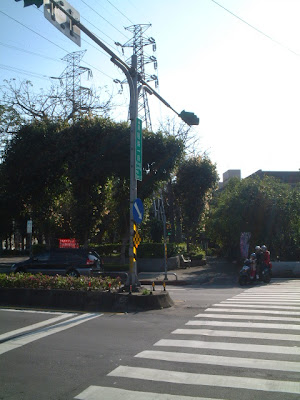Formosans complained that the Chinese occupation army was looting stocks, letting crops, refineries, railroads and power plants go to rack & ruin. Just as angry Shanghailanders, who could buy only from the government-backed Formosa Sugar Co., feared that a colossal sugar corner was being rigged in the already disastrous black market."
"Of the Moon & Sun. The Japanese, who seized Formosa after their first war on China 50 years ago, ruthlessly exploited its land and people. Formosa made Japan the world's fourth sugar-producer; it yielded enough rice to feed all the Mikado's armies as well as coal and tin, gold, silver and copper; teak and camphor (70% of U.S. mothballs) and aromatic Oolong tea. At mountain-ringed Jitsu-Getsu-Tan—Lake of the Moon and Sun—the Japanese built the nucleus of a power system that put Formosa industrially ahead of the Philippines."
"The Taiwan (after the island's Asiatic name) Development Co. rigidly controlled industry and trade, brought half a million Japanese to live among six million Formosans (chiefly Chinese who have pushed the Malayan headhunters into the mountains). World War II brought B-29 raids to Formosa, and liberation brought the scarcely more welcome visitation of Chinese bureaucracy. (Formosans use the adjective "Chinese" as a synonym for inefficiency and confusion.) The new Chinese Governor Chen Yi found the raid-battered Formosans docile. He promptly put his nephew in charge of the Taiwan Co., which bought coal at 200 yen a ton and sold it at 4,000. Black-market gold sold at 300,000 Chinese dollars an ounce, against $180,000 in Shanghai. Even in fertile Formosa, mass starvation threatened.
Japan Got the Atom. Chen Yi rounded up scores of 'collaborators' while his pooh-bahs made themselves snug. Last week "Down with the Governor!" posters appeared all over the island. In two towns, hungry natives burned sugar godowns. Formosans greeted the few visiting Americans with: 'You were kind to the Japanese, you dropped the atom on them. You dropped the Chinese on us!'
Thoughtful Chinese on the mainland began to agree with the Formosans. Said Ta Rung Pao, China's counterpart of the New York Times: 'Fundamentally speaking, China was not qualified to take over . . . she lacks the men . . . technique . . . commodities . . . capital. She governs, but is inefficient. She takes, but she does not give. This is the government's shame.'
Most foreign observers in Formosa agreed that if a referendum were taken today Formosans would vote for U.S. rule. Second choice—Japan."
Note: None of these companies, stolen from Taiwan by the KMT, originally had China or Chinese in their names.

















